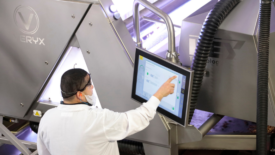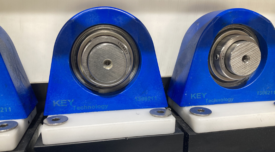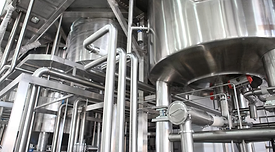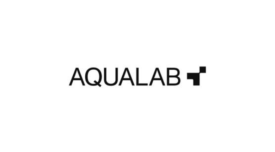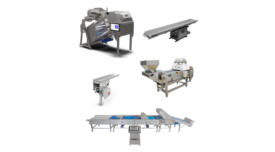Processing Technologies
A robust product development process builds control into the process so that food safety variables are properly considered
Read More
Food Safety and Quality Considerations in the Production of Plant-Based Meat Alternatives
Each step during manufacturing and distribution introduces potential challenges and opportunities for maintaining food safety and quality of plant-based meat products
February 13, 2024
Developing Thermal Control of Salmonella in Low-Moisture Foods Using Predictive Models
Salmonella is highly resistant to heat inactivation in low-moisture food systems, but pilot-scale thermal treatments show promise for combatting it
August 7, 2023
Never miss the latest news and trends driving the food safety industry
eNewsletter | Website | eMagazine
JOIN TODAY!Copyright ©2024. All Rights Reserved BNP Media.
Design, CMS, Hosting & Web Development :: ePublishing



